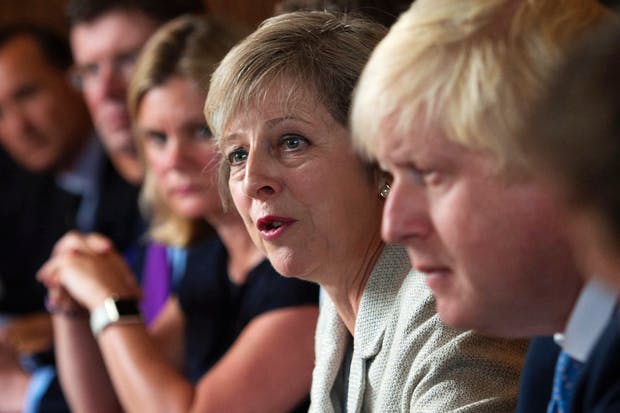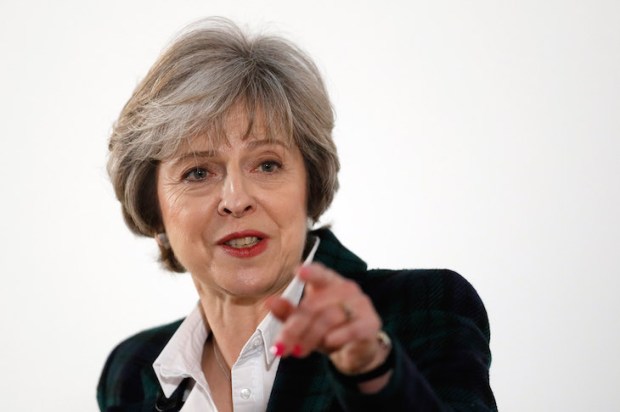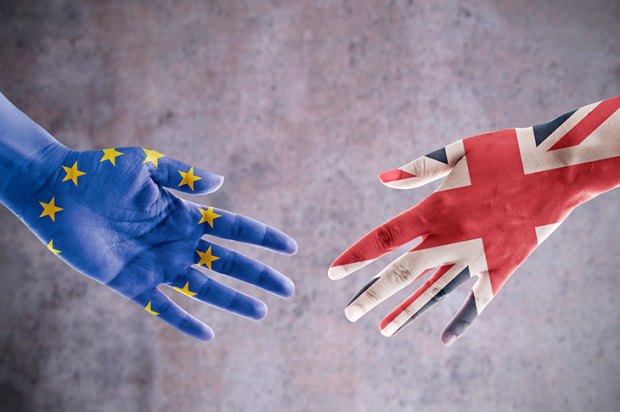When David Cameron resigned, the Conservative Party Board pushed back the planned date for the election of a new leader until after the G20 summit had taken place. The official reason was to give the new Prime Minister time to read into the job and save him or her from having to fly off to meet world leaders directly after moving into Downing Street. More cynical members of the board, though, suspected Cameron had another motive: he wanted the chance to say a proper goodbye to Obama and Co. Thanks to Andrea Leadsom’s withdrawal from the leadership race, however, Theresa May now heads to the summit this weekend with almost two months in No. 10 under her belt.
She will be a main focus of interest in Hangzhou, China. The other attendees will be keen to find out what she means when she says ‘Brexit means Brexit’, and what her vision for Britain’s post-EU global role might be. Her Chinese hosts will also be particularly interested in what she intends to do about Hinkley Point and plans for China to build a nuclear reactor in Essex.
What Brexit does actually mean will dominate British politics for the next few years. Outers are strikingly confident that Philip Hammond, the Chancellor, is coming round to the fact that Britain will end up leaving the single market. Yet, they are worried about delays in invoking Article 50, the formal process for leaving the EU. If it has not been served by next spring, there will be Tory trouble.
When EU leaders meet later this month — without the UK — to thrash out what happens next they will be debating the question of the EU’s future as much as Brexit. The Eurozone issue could well return to the news this autumn thanks to the third Greek bailout. The IMF has yet to say whether it will help prop up Greece again, and given its inspectors’ recent criticisms of previous bailouts, many of its shareholders will object. If the IMF does not take part, then Germany will find it hard to sell its own participation in the bailout to voters.
However, it is the migration crisis that is most likely to turn nasty. The Hungarian referendum on the EU’s plan to relocate refugees will almost certainly result in a rejection of the scheme, highlighting the limits of European solidarity. One suspects there are not that many voters in the EU who agree with Jean-Claude Juncker that borders are the worst thing ever invented by politicians. And the likely collapse of the EU-Turkey visa liberalisation deal could see President Ergodan follow through on his threat to flood Europe with refugees. This would seriously exacerbate the security challenge facing EU states as they try to deal with the threat of Islamist terrorism.
As if all this were not enough, the French and German political classes are moving into full-on election mode in preparation for next year’s votes. Much of the Brexit chatter on the Continent in recent days has actually just been political positioning before these polls.The French right was always going to threaten to move the border from Calais to the UK, as both Nicolas Sarkozy and Alain Juppé have now done, regardless of the referendum result. But the response of the UK government to Sarkozy’s sabre-rattling was telling. It immediately put the issue of security cooperation on the table. Since the first meeting in July between Theresa May and Francois Hollande, No. 10 has been convinced that the French need for British help in dealing with its terrorist problems will turn them into more constructive Brexit partners than expected. Indeed, Hollande has already privately compared his relationship with May to that between Francois Mitterrand and Margaret Thatcher.
One particular challenge for the British political class over the next year will be working out which hat the German vice- chancellor Sigmar Gabriel is wearing at any given moment — is he talking as a member of the German government or as the Social Democratic party’s likely candidate for the chancellorship? The answer tends to be the latter. But Gabriel’s recent headline-grabbing comments are telling, because they reveal the protectionist direction in which the EU is heading. His declaration that TTIP, the EU-US trade deal, is dead in the water is not just a recognition of reality, but an attempt to save the EU-Canada deal. The SPD leadership’s hope is that by showing TTIP is off the table, it can persuade the party to back the Canada deal at a party meeting later this month. The significance here is that, without the support of her coalition partner, Angela Merkel is unlikely to ask the Bundestag to declare its support for the agreement. The fact that the EU-Canada deal is in such trouble in Germany — traditionally one of the more economically liberal EU members — is a worrying indicator of where the Union is heading. As the Canadians have pointed out: if the EU can’t manage a trade deal with them, then who can it make one with?
On one level, this kind of protectionism shows why the UK was right to vote to leave the EU. Its trade deals tend to move at the pace of the slowest member and it is not hard to see how this country could strike agreements more quickly on its own. Privately, several cabinet ministers who supported Remain have acknowledged that the desire for deals with the UK is far greater than they expected. But on the other hand, the difficulties attending these trade agreements illustrate just how fraught the UK’s own negotiations with the EU will be, especially if — as now seems almost certain — the process takes longer to complete than the two years officially set out in the Article 50 process.
Got something to add? Join the discussion and comment below.
Get 10 issues for just $10
Subscribe to The Spectator Australia today for the next 10 magazine issues, plus full online access, for just $10.















Comments
Don't miss out
Join the conversation with other Spectator Australia readers. Subscribe to leave a comment.
SUBSCRIBEAlready a subscriber? Log in